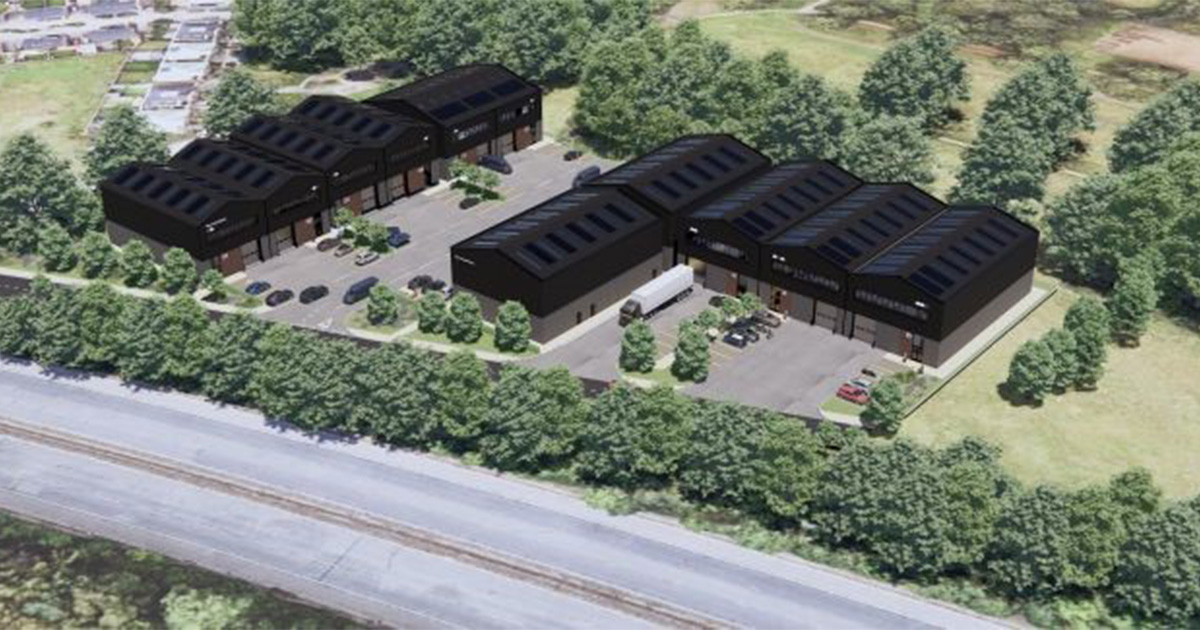Defective Cladding – Commercial purchasers/building owners need to beware

Since the tragic Grenfell Tower fire on 14 June 2017, it has become clear that many recently constructed or refurbished residential buildings, particularly taller buildings, are unsafe and require urgent and substantial remedial action.
These buildings may look shiny and new but, as Shakespeare said, “All that glitters is not Gold”.
Grenfell Tower had combustible Aluminium Composite Material (“ACM”) panels which allowed the fire to spread. But it was also the entire external wall system, including the insulation and other materials within the external wall, that was combustible and unsafe. It has now become apparent that many buildings have been built with external wall systems with combustible materials and, often, non-existent cavity barriers to stop the spread of fire.
There has been substantial publicity as to the plight of leaseholders facing serious safety issues and hefty service charge bills and a call for Government action to meet all the rectification costs.
Applicability to commercial buildings
But the issue is not limited to residential buildings. It can equally apply to commercial buildings with cladding and there have been particular issues with student accommodation and hotels. Owners of buildings used for residential and commercial purposes can owe substantial statutory and contractual duties as to the health and safety of their occupiers and employees.
And the issue is not limited to cladding or fire safety as it is clear that there has been a far more general failing in relation to defective workmanship, design, and materials.
Importantly, it is clear that defective design, materials and workmanship, and a failure to comply with Building Regulations, can come to light many years after a building was constructed or refurbished, leaving the owners and/or lessees with no prospect of any successful claims against any of the parties responsible.
Any tenant with a full repairing covenant may be liable for the repairs necessary to comply with health and safety and building regulations, but is likely to argue this goes beyond its repairing obligations (particularly if the Lease is for only five years or so).
Even where claims are possible, the responsible party may be insolvent and/or uninsured.
Purchasers/Building Owners beware
In the current economic circumstances, it is even more imperative that prospective purchasers and tenants of properties where major works have been undertaken do exercise full due diligence on their purchase or letting, especially with older buildings where no warranties may be available and any claim against those responsible is likely to be statute-barred.
A claim will ordinarily be statute-barred once six years have elapsed from the breach of contract or when damage first occurred, but it might be 12 years or longer depending on the contract in question and all the circumstances.
Unfortunately, purchasers will often only be offered warranties that are limited in amount or time.
What should purchasers/building owners/lessees under long leases do?
It is recommended that they should:-
- Obtain a full survey and, where there is cladding or any other possible structural issue, consider retaining a structural engineer and/or façade engineer.
- Make detailed enquiries, and obtain all relevant construction documentation, in relation to the works undertaken and materials used. It is particularly important to obtain as-built plans and compare them to the original plans for the building.
- Query/check what tests were undertaken as to products used (such as BS8414 fire safety tests which under the Building Regulations 2010 were required to be undertaken and passed in order for an external wall system which contains combustible materials to be considered compliant with the Regulations).
- Consider carefully with their surveyors and consultants all information received.
- Establish what certificates, guarantees or reports have been issued and can be relied upon i.e. are not just for the party who commissioned them.
- Check the levels of insurance of contractors and designers.
- Obtain an assignment of all warranties available and all claims by the vendor/previous building owner in case any claim pre-dates the purchase/letting.
Jonathan Ross is a Partner in the Property Litigation team. Andrew Parker is a Partner in the Construction team.






